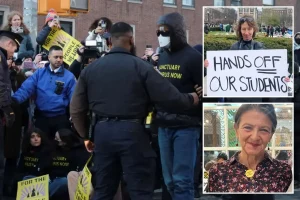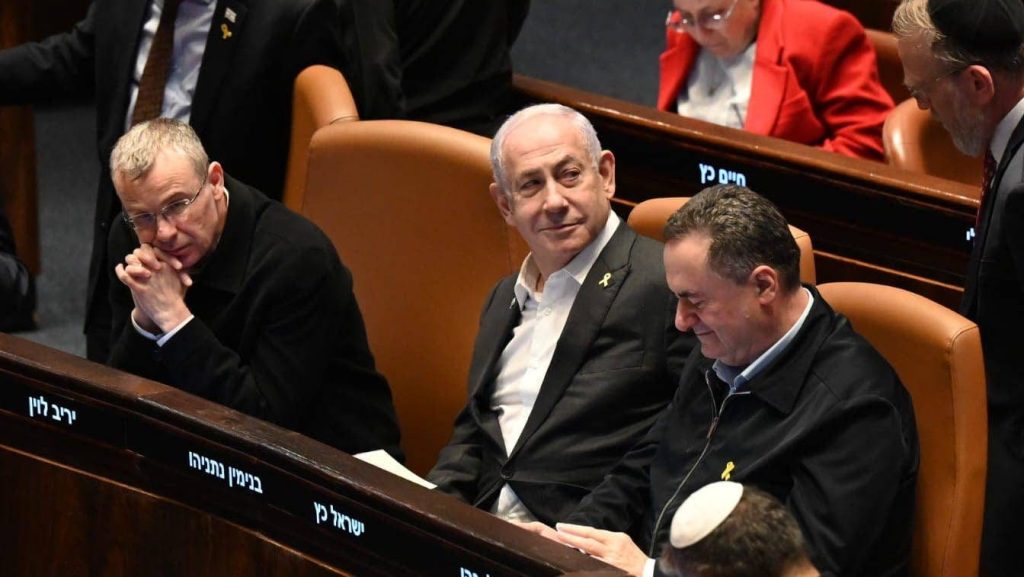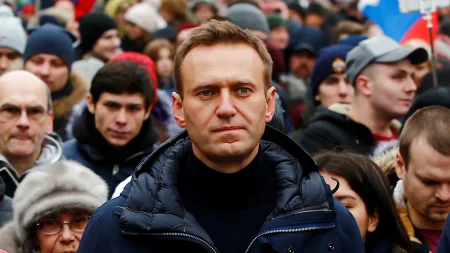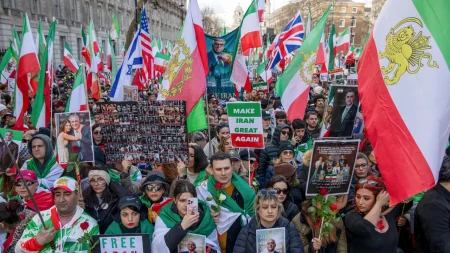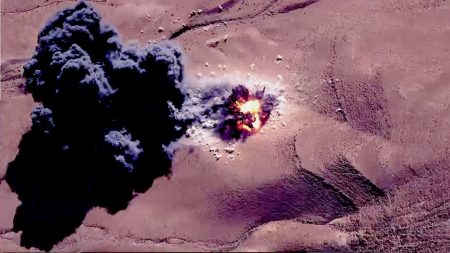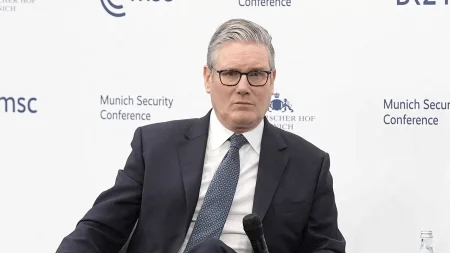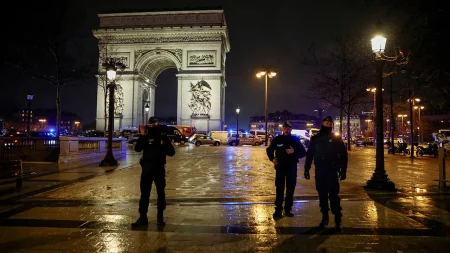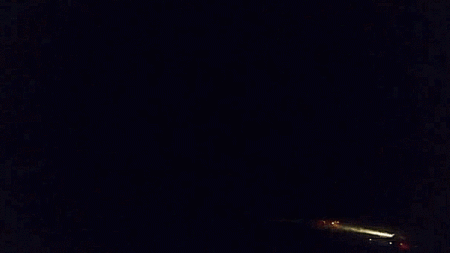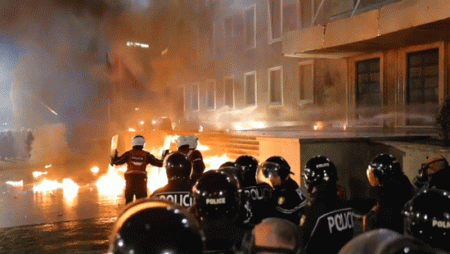The International Criminal Court (ICC) issued an arrest warrant for Israeli Prime Minister Benjamin Netanyahu and other individuals in connection with the 2014 Gaza War, alleging crimes against humanity. This warrant ignited a complex diplomatic situation, particularly concerning Netanyahu’s potential attendance at the 80th anniversary commemoration of the liberation of Auschwitz-Birkenau in Poland. As a member of the ICC, Poland is obligated to arrest individuals subject to an ICC warrant if they enter Polish territory. This obligation clashed with Poland’s desire to facilitate the participation of high-ranking Israeli officials, including Netanyahu, at the Auschwitz commemorations.
The Polish government, under Prime Minister Donald Tusk, responded by passing a resolution assuring the safe and unhindered participation of Israeli representatives, including Prime Minister Netanyahu, at the memorial event. This resolution underscores the Polish government’s commitment to honoring the victims of the Holocaust and recognizing the profound significance of the event for the Jewish people. The Polish government framed its decision as an act of remembrance and respect for the millions of Jewish victims of the Nazi regime, minimizing the potential legal conflict with the ICC warrant. President Andrzej Duda further solidified this stance by requesting Prime Minister Tusk to guarantee Netanyahu’s safe attendance, highlighting the political importance of the Israeli delegation’s presence.
The ICC’s arrest warrant for Netanyahu stems from allegations related to the 2014 Gaza War, a conflict that resulted in significant casualties and destruction. The ICC’s jurisdiction over the situation is contested by Israel, which is not a member of the court. This non-membership complicates the enforcement of the warrant, as the ICC relies on cooperation from member states to detain suspects. Several countries, including France, have already indicated their unwillingness to arrest Netanyahu should he enter their territory, further illustrating the challenges faced by the ICC in enforcing its warrants. Hungary’s Prime Minister Viktor Orbán has even publicly stated his defiance of the warrant, extending an invitation to Netanyahu to visit Hungary, further undermining the ICC’s authority.
The backdrop of the Auschwitz-Birkenau commemoration adds a layer of historical and moral weight to the situation. Auschwitz-Birkenau, a Nazi concentration and extermination camp located in occupied Poland during World War II, symbolizes the horrors of the Holocaust. Millions of Jews and other victims perished in the camp, making the anniversary of its liberation a profoundly significant event for Holocaust remembrance. The Polish government’s decision to prioritize Netanyahu’s attendance at the commemoration underscores the delicate balancing act between legal obligations, diplomatic considerations, and the historical significance of the event.
The situation also highlights the limitations of the ICC’s authority in enforcing its warrants, especially when dealing with non-member states and politically sensitive situations. While over 120 states are members of the ICC, the court lacks its own police force and relies on the cooperation of member states to apprehend suspects. This dependence can be problematic when political considerations, such as bilateral relations or domestic pressure, influence a member state’s decision to comply with the warrant. The varying responses of different countries to the Netanyahu warrant, ranging from outright refusal to cooperate to expressions of support, exemplify the uneven application of the ICC’s jurisdiction.
Despite the Polish government’s assurances and the public debate surrounding the warrant, it remained unclear whether Netanyahu intended to attend the commemoration. The Polish Foreign Ministry stated it hadn’t received confirmation of Netanyahu’s attendance plans, adding another layer of uncertainty to the situation. The ministry also downplayed the possibility of an arrest, characterizing such speculation as “fake news” originating from US media. This dismissal further emphasizes the Polish government’s commitment to ensuring a smooth and incident-free commemoration, minimizing any potential disruption caused by the ICC warrant. The ministry’s assertion that Poland is a safe country for visiting leaders reinforces its commitment to providing security and diplomatic immunity to attendees of the commemoration, regardless of their legal status vis-à-vis the ICC.
